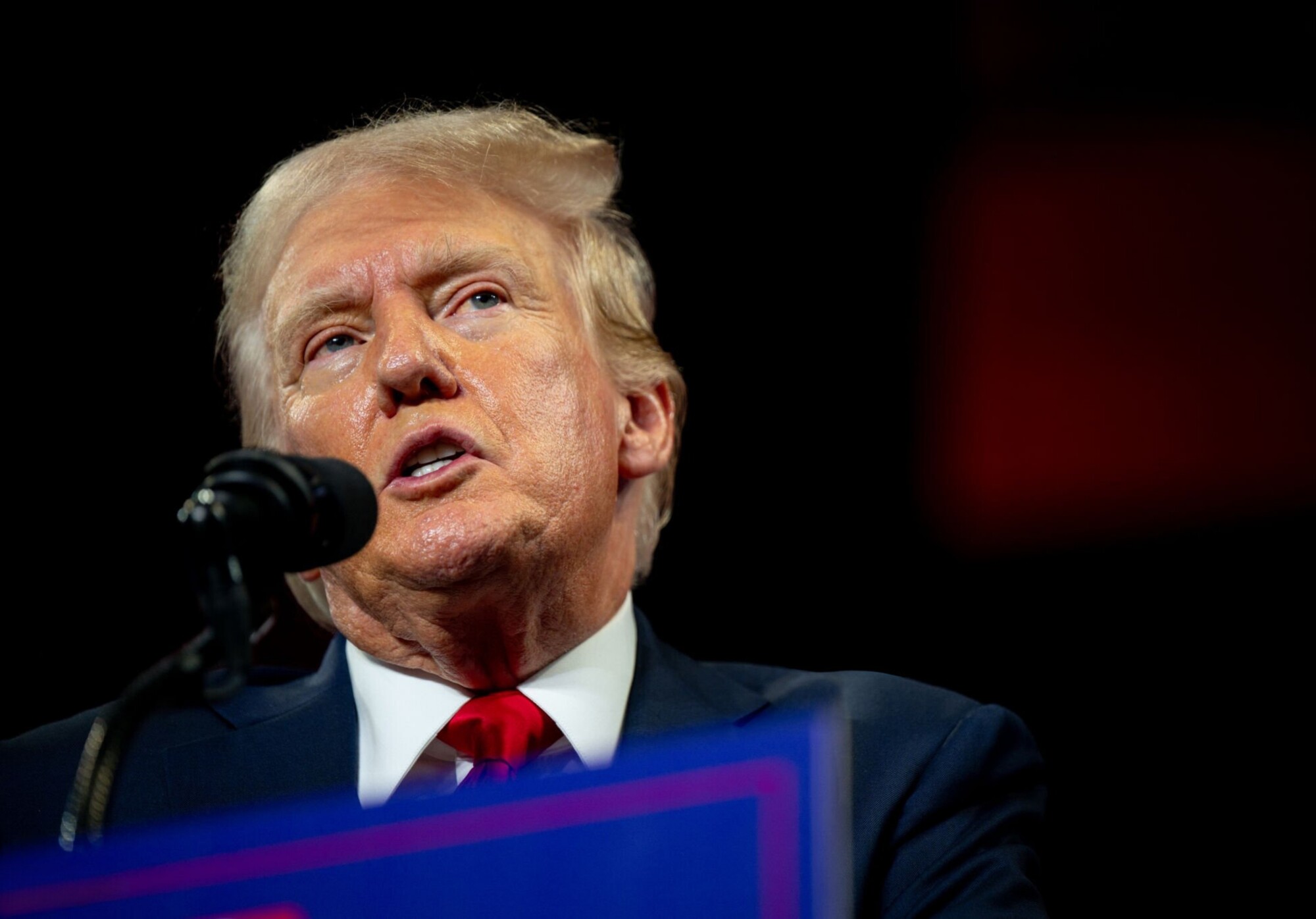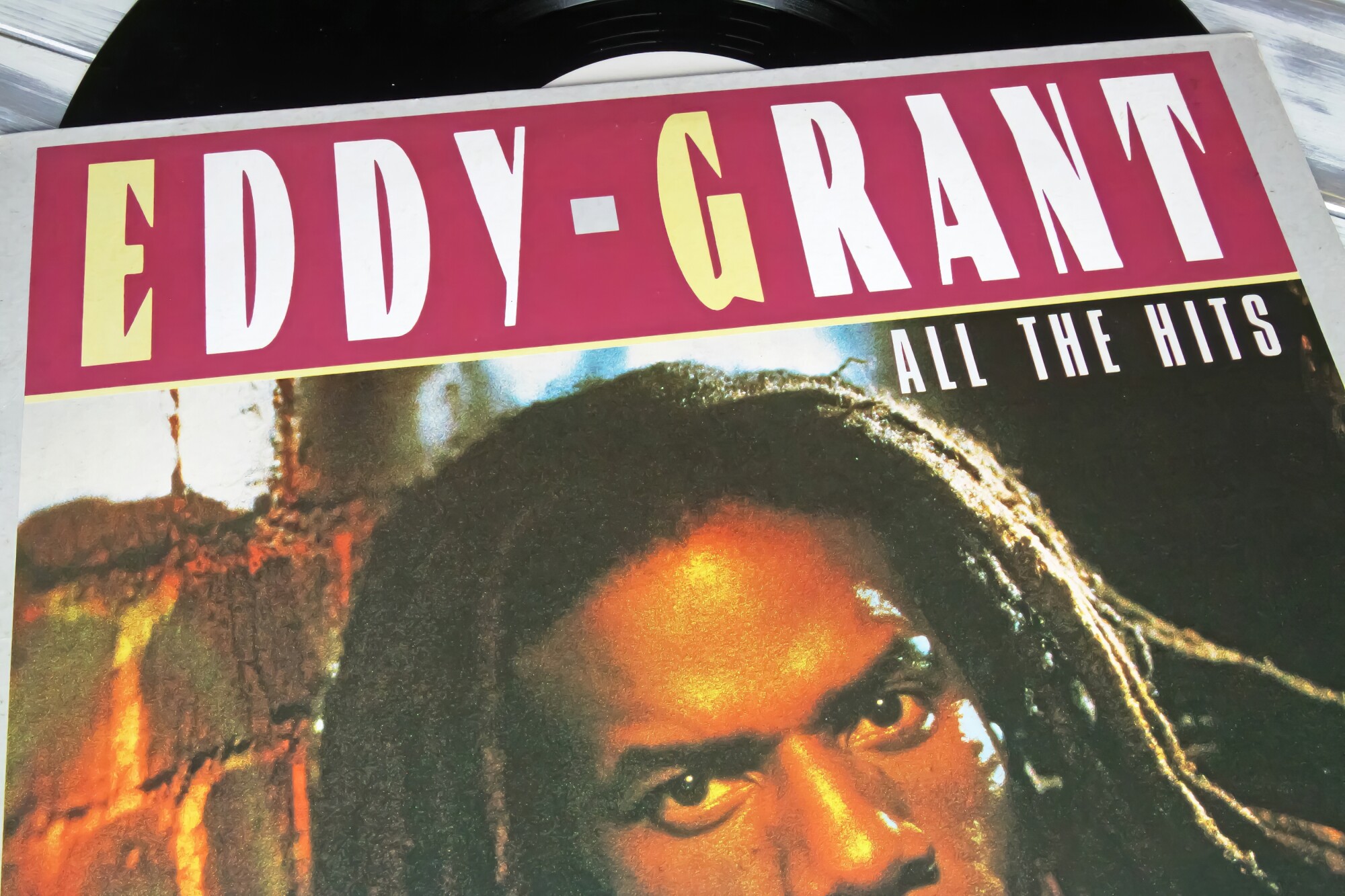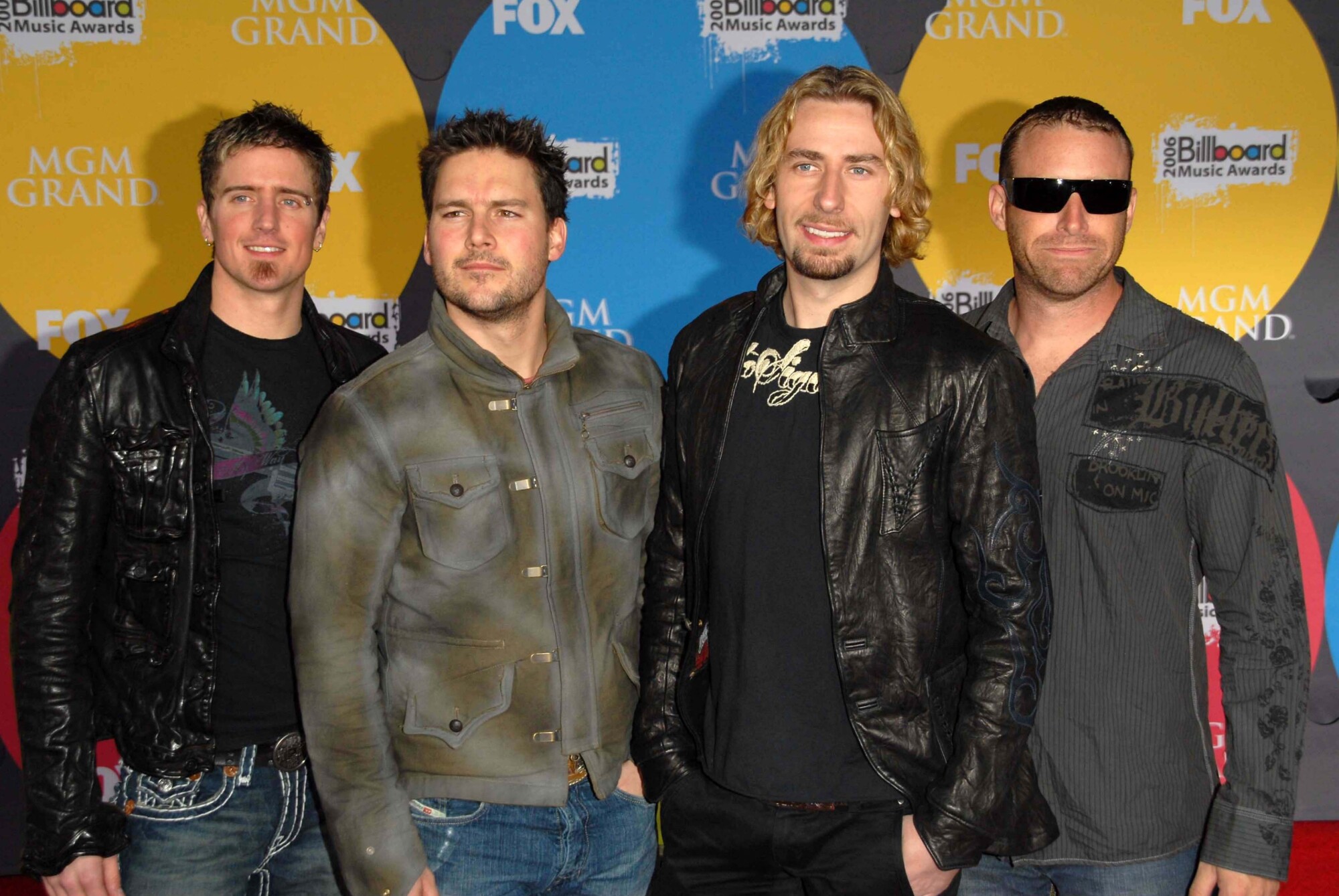In a per curiam decision issued on January 2, 2026, the Ninth Circuit Court of Appeals in Sedlik v. Von Drachenberg, No. 24-3367 (9th Cir. January 2, 2026) affirmed the jury’s verdict for celebrity tattoo artist Katherine Von Drachenberg, professionally known as Kat Von D, over photographer Jeffrey Sedlik.
The panel upheld the jury’s finding that Von D’s tattoo of jazz musician Miles Davis, although admittedly based on Sedlik’s copyrighted 1989 photograph, did not infringe Sedlik’s copyright. Two concurring opinions, however, cast doubt on the Ninth Circuit’s extrinsic/intrinsic test and invite en banc review.


On March 19, 2025, the District Court for the Central District of California granted Mariah Carey’s motion for summary judgment dismissing a copyright infringement claim brought against her for allegedly copying the holiday hit “All I Want for Christmas Is You.”
Only humans can be authors under the Copyright Act, the D.C. Circuit Court of Appeals affirmed in a unanimous opinion on March 18, 2025.
The Court considered whether an artificial intelligence model could be an “author” of a work for copyright purposes – and answered “no.” In doing so, however, the court left open the crucial question of whether a human can be the “author” of an AI-generated work where he made and used the AI to generate the work.
Tangle, Inc. owns registered copyrights in seven “kinetic and manipulable sculptures” (also known as “The Original Fidget Toy Since 1981”), each made of “17 or 18 identical, connected, 90-degree curved tubular segments ... that can be twisted or turned 360 degrees where any two segments connect. By twisting or turning a segment, the sculpture can be manipulated to create many different poses.”
As noted, the original Tangle sculptures have been offered since 1981, when their creator, Richard E. Zawitz, registered his copyright claims in “Zawitz tangle ornamental sculpture[s]” in his own name; Zawitz subsequently transferred copyright ownership to Tangle, Inc.
Canadian clothier Aritzia owns and operates approximately 121 upscale “lifestyle apparel” stores, 49 of which are located in the U.S. In 2023, Aritzia decorated its retail store windows with sculptures made with 18 identical, connected, 90-degree curved tubular segments that can be twisted or turned 360 degrees where any two segments connect.


On Sept. 11, 2024, Senior Judge Thomas Thrash Jr. of the Northern District of Georgia granted plaintiffs' motion for a preliminary injunction in Isaac Hayes Enterprises v. Trump, No. 24-cv-3639 (N.D. Ga. Sept. 11, 2024).

For copyright infringement cases involving musical compositions, courts and juries are often tasked with determining whether two songs are “substantially similar,” the legal standard required to show infringement.

On February 19, 2024, the Fifth Circuit affirmed the dismissal of a copyright infringement suit in the Western District of Texas, in which the plaintiff alleged that the band Nickelback had copied his musical composition. The plaintiff, songwriter and member of the band Snowblind, alleged that Nickelback’s hit 2005 song Rockstar infringed the plaintiff’s 2000 song Rock Star. The plaintiff, asserting that he had not heard Nickelback’s song until 2018—“an odd contention,” according to the Fifth Circuit, given the ubiquity of the Nickelback song—brought suit in 2020. The district court dismissed the claim on summary judgment, finding that there was no genuine dispute of fact concerning factual copying. The plaintiff appealed, and the Fifth Circuit agreed.
On January 26, 2024, a unanimous jury held that a tattoo of Miles Davis inked by celebrity artist Katherine Von Drachenberg (better known as Kat Von D) was not substantially similar to the reference photo on which it was based. The jury also found that the Instagram posts showing the photo in the background were protected under the fair use doctrine.
The Copyright Act lists “choreographic works” as one of the eight types of creative works that are protectable under federal copyright law (17 U.S.C. Section 102(a)(4)). However, the Act itself does not define “choreographic works” and thus far, there has been surprisingly little case law discussing the scope of what can or cannot be protected. A recent Ninth Circuit case, Hanagami v. Epic Games, Inc., took a stab at addressing this question and ultimately provided some helpful guidance.
On August 18, 2023 D.C. District Court Judge Beryl A. Howell upheld a final refusal by the U.S. Copyright Office (“USCO”) to register a visual work entitled “A Recent Entrance to Paradise,” shown here:


 RSS Feed
RSS Feed